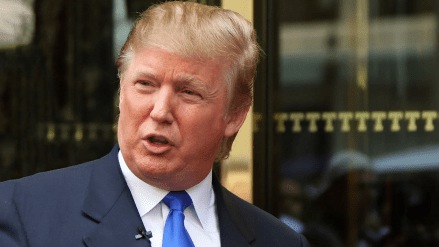The White House announced on Tuesday that it will take direct control over which news outlets receive regular access to President Donald Trump, a break from a long-standing tradition where independent media organizations determined press pool participation.
The decision, coupled with ongoing legal arguments in a federal lawsuit involving The Associated Press (AP), marks an unprecedented shift in how the executive branch manages press coverage. Free speech advocates and media experts have expressed alarm, warning that the move threatens the principles of a free press and government accountability.
New Policy Sparks Backlash
White House Press Secretary Karoline Leavitt defended the change, describing it as a modernization effort meant to make press access more inclusive. “A select group of D.C.-based journalists should no longer have a monopoly of press access at the White House,” Leavitt said during a briefing.
The new policy is expected to reshape the longstanding press pool, which has traditionally included representatives from major wire services such as the AP, Bloomberg News, and Reuters. These organizations provide coverage for outlets unable to attend presidential events, ensuring broad dissemination of information about the presidency.
However, media leaders argue that the White House’s direct control over credentialing undermines journalistic independence. “Any effort to limit our participation in presidential news coverage harms the spread of reliable information to people, communities, businesses, and global financial markets,” the top editors of AP, Bloomberg, and Reuters said in a joint statement.
Legal Battle Over Press Access
The White House’s decision comes amid a lawsuit filed by the AP, which alleges that its exclusion from certain presidential events violates the First Amendment. The AP was barred from covering events after it refused to comply with a White House directive to refer to the Gulf of Mexico as the “Gulf of America.”
A federal judge recently declined to issue an immediate order restoring AP’s access, stating that the case required further review. However, the court noted that existing legal precedents offer little support for the White House’s stance. A follow-up hearing is scheduled for late March.
Despite the legal uncertainty, Trump has claimed victory in the dispute. “As you know, we won that lawsuit,” he said, incorrectly referencing the judge’s decision.
Concerns Over Press Freedom
Media experts warn that allowing the president to decide who covers the executive branch undermines democratic transparency. Jon Marshall, a media history professor at Northwestern University, described the move as “dangerous,” arguing that the public, not the president, funds White House operations through tax dollars.
Eugene Daniels, president of the White House Correspondents’ Association, also condemned the move. “This tears at the independence of a free press in the United States,” he said in a statement. “In a free country, leaders must not be able to choose their own press corps.”
The Reporters Committee for Freedom of the Press echoed these concerns, calling the shift a drastic change in how the public receives information about its government. “The White House press pool exists to serve the public, not the presidency,” said the group’s president, Bruce D. Brown.
Trump’s Broader Media Policies
The press access policy is part of a broader pattern of Trump’s efforts to shape media narratives. In a separate executive order, he has directed that Denali, the highest mountain in North America, be renamed Mount McKinley, reversing an Obama-era decision.
As legal challenges and media resistance continue, the White House’s approach to press access is expected to remain a contentious issue in the coming months.
